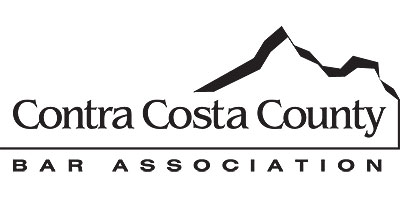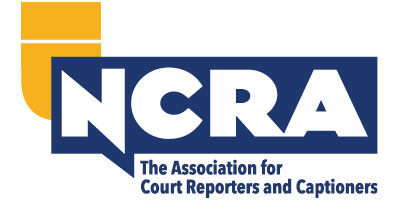Preparing for your first deposition can be a source of stress and anxiety. Yet, learning how to carry out a deposition is a crucial process for attorneys. Depositions are perhaps the most important proceeding in a civil case. The facts you obtain during the deposition will lay the foundation for the rest of the case. Thus, it is critical to prepare a solid game-plan well before the scheduled date. Use the following tips to ensure that your deposition is as effective as possible.
Set Clear Goals And Don’t Deviate From Them

You need to have an acute awareness of what you hope to accomplish with the deposition. This will help you ask the right questions to get the facts you need. Every goal you set should serve a specific purpose relevant to the case. Your purpose might be to obtain facts for a motion, impeachment or preserving a piece of testimony for the trial. You’ll need to mold your questions to carry out these objectives. You’ll also need to be flexible to follow-up on any new facts that surface.
Familiarize Yourself With the Rules
Depositions can be time-sensitive matters. You don’t want to waste time trying to understand the rules while the proceeding is underway. You should have a solid understanding of what can and can’t be done before you walk into the room. You can lose precious time arguing over an action because you don’t know what the rules dictate. It helps to watch deposition videos from your jurisdiction to learn how the procedure is carried out.
Remember to Create a Clear Transcript

The whole purpose of a deposition is to get certain facts listed on the record. These facts can only help your case if the witness explains them in a clear manner. To achieve this, you must ask questions in a logical sequence that will clearly prove your point. The purpose of this is twofold. First, it helps limit the pages you’ll need to attach to a motion. Second, it makes it easier to present inconsistencies to a jury in an understandable way. Therefore, while you are performing a deposition try to keep in mind how it will all look on paper.
Keep a Cool Head With Objections
As if depositions were not stressful enough, you’ll also have to deal with interruptions in the form of objections. The opposing counsel may make objections that seem unfair or unnecessary. Your job is to deal with these as professionally as possible. Avoid arguing over objections. If you feel the objection is unwarranted, ask for clarification or modify your question. In some circumstances you can respectfully insist on asking the question if you have a good faith belief it is proper. Remember, you are making a court record, not trying a case.
Analyze the End Product
Your first deposition will be an important learning tool. Take time to fully review the transcript to assess your performance. Note areas that you can improve on the next time. Deposition videos are also a good source for learning. Soon, you’ll find yourself becoming more confident and effective with each deposition you perform.
If you need transcription services or deposition videos contact Combs Court Reporting. Certified court reporters are available to assist you in a variety of legal proceedings.






Leave A Comment